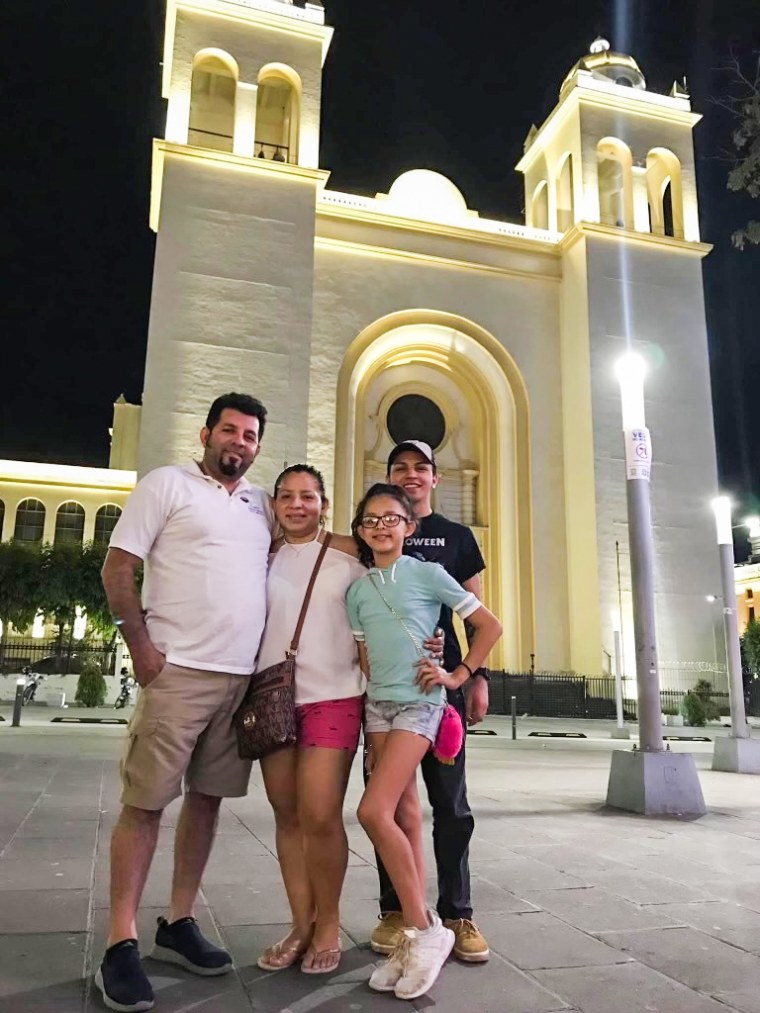Jeff Avelar-Yanes, a Salvadoran American costume designer, has lived with his parents and his sister in Amityville, Long Island, since he graduated from college in 2017. Avelar-Yanes, who attended college in California, says the struggle of finding a steady job and student loans forced him to move back home.
“I didn’t have a choice to stay where I was,” Avelar-Yanes, who is gay, said. “I put it all together and I was like, how am I going to pay off the student loans … and still be able to work and pay for an apartment? Like even having roommates, it’s still stressing me out. I don’t even think I’d be able to split and still have enough.”

Now, Avelar-Yanes, founder of Vibe Costumes, who is just a few months away from his 25th birthday, hopes he can make enough money for his own apartment.
“I’m pretty sick of being at home,” he said. New York’s high rents, however, keep him at home. “I want to get out so badly. I’ve been trying to for a while.”
Like Avelar-Yanes, a report published Thursday by Pew Research Center found nearly 4 out of 10 men between the ages of 25 and 29 live with older relatives, including 26 percent of Hispanic, as well as Black Americans and 24 percent of Asian Americans, compared to 13 percent of whites. Researchers say people of color are more likely to live in multigenerational households due to financial reasons or caregiving for a relative.
'Trying to get through'
Overall, multigenerational living is increasing in the U.S., and is about four times larger than in the 1970s, the report shows. Last year, there were 59.7 million Americans who lived in multigenerational households compared to 58.4 million in 2019, according to a Pew Research Center analysis of census data.
Christian Arana, the vice president of policy at the Latino Community Foundation, said Latino men are often overrepresented in low-wage jobs, making it difficult to keep up with the rising costs of living.
“This decision is not faced by everyone equally,” he said. “Unfortunately for many millions of Americans, especially Latino men, that’s a decision that they have to take out of pure financial necessity … if you can’t afford the rent, you got to go somewhere where you can at least survive.”
The new Pew report indicates that multigenerational living poses some benefits for groups facing economic strain. Thirteen percent of Hispanic and 15 percent of Black multigenerational households lived in poverty, compared to 19 percent and 21 percent of individuals in different living situations.
Avelar-Yanes, who makes roughly $27,000 per year, said he also helps to pay bills to help offset some costs for family members.

“We’re all trying to get through each day,” he said. “My mom tells me sometimes … she feels like there isn’t enough money to help with everything.”
According to the report, 6 out of 10 adults in multigenerational households pay for more than half of the household expenses such as groceries or utility bills, including 37 percent who say they pay for all of these costs.
Though Avelar-Yanes says he loves the bond he has with his family, he said his parents struggled to initially accept his LGBTQ identity after he moved back home from school. While his parents have come to accept his identity, he says they still expect him to abide by their strict rules, including a curfew.
He said that if he is able to move out, he would live his life on his own terms.
“Freeing,” Avelar-Yanes said. “Because I don’t have to follow by anyone else’s house rules.”
Follow NBC Latino on Facebook, Twitter and Instagram.
